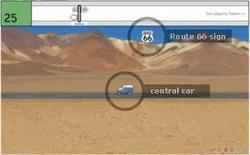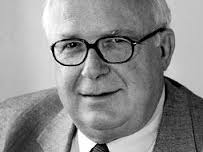 Jerri Edwards, Ph.D.
Jerri Edwards, Ph.D. Jerri Edwards, Ph.D, of the University of South Florida, presented a study known as ‘ACTIVE’ (Advanced Cognitive Training for Independent and Vital Elderly), which followed 2,832 participants, ages 65 to 94. Participants practiced a brain training exercise known as ‘speed of processing training’ or ‘useful field of view’ (UFOV) training.
Edward’s found that UFOV training reduced the risk of dementia in older adults by 48 percent over 10 years when they completed 11 or more training sessions. In fact, for each session of training the risk of dementia was reduced by eight percent. What a stunning result!
 Brain Training Game Reduces Risk for Dementia
Brain Training Game Reduces Risk for Dementia Participants who completed the speed of processing training experienced improved performance across standard cognitive (attention), behavioral (depressive symptoms, feelings of control), functional (health-related quality of life, functional performance) and real world measures (driving, predicted health care costs).
 Dr. Michael Merzenich
Dr. Michael Merzenich 